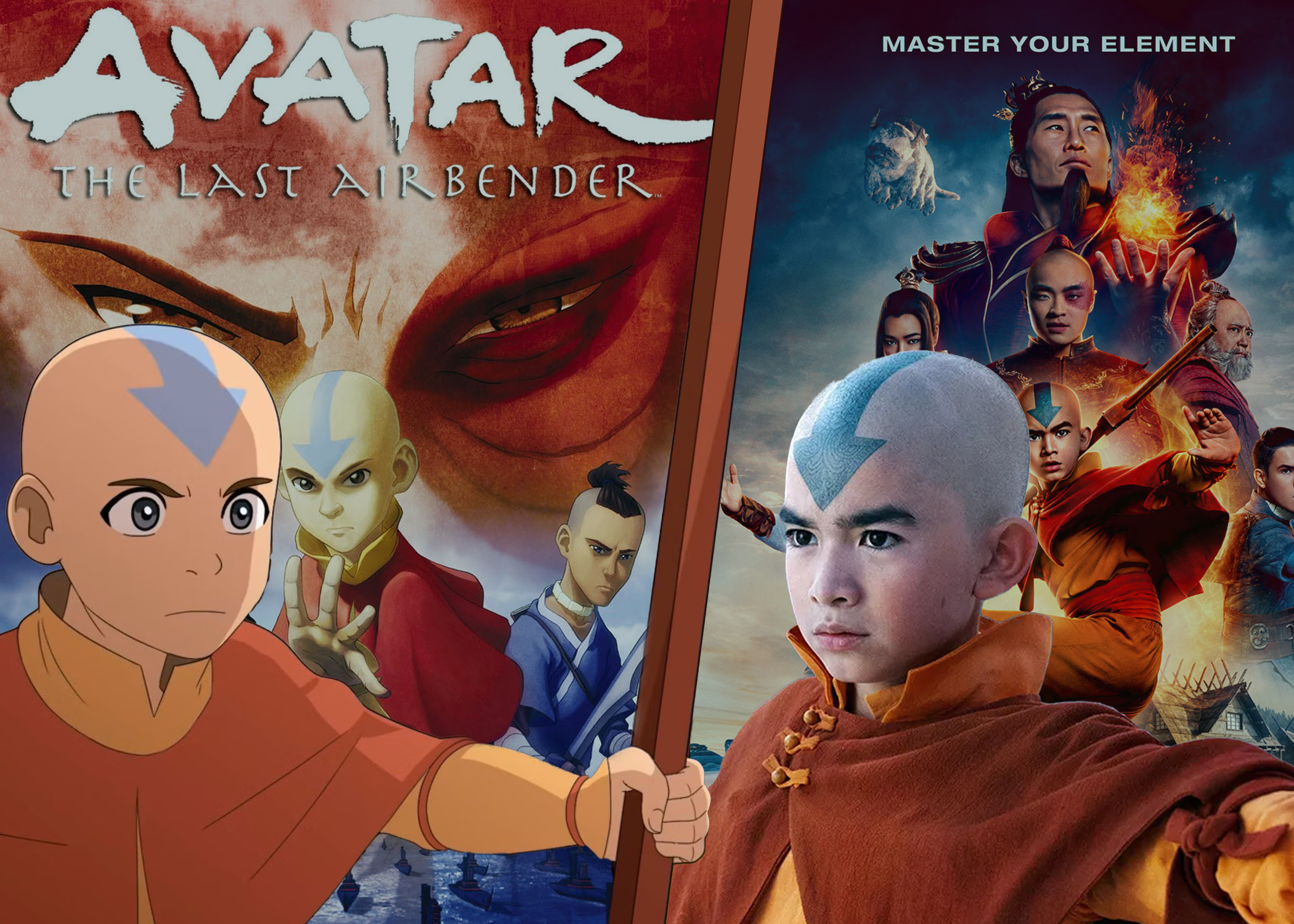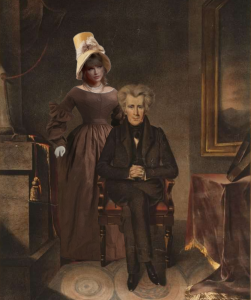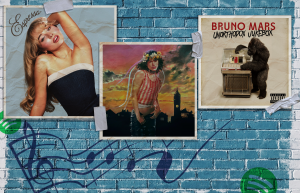
After much anticipation, season one of the live-action adaptation of the legendary animated show “Avatar: The Last Airbender” came to Netflix on Feb. 22.
Fans were worried about the show’s release for multiple reasons. The 2010 film “The Last Airbender” left much to be desired with underwhelming acting, writing and CGI. On top of that, the original show’s writers, Bryan Konietzko and Michael Donte DiMartino, departed after two years because they “couldn’t control the creative direction of the series,” as DiMartino said in an Entertainment Weekly interview.
While the new show’s quality falls somewhere within the bounds of mediocrity, if you watch with an open mind, you might just enjoy it.
The action scenes in “Avatar: The Last Airbender” are excellent. Episode one sets the tone for the entire season. The show starts before the war, and the first scene is an epic duel between an earthbender and a firebender. The show’s producers do a stellar job illustrating how each element would look in real life. On top of that, none of the fight scenes feel awkward or corny.
The relationship between Zuko and Iroh is one of the most significant themes from the 2005 version of the show, and the live adaption crushes it. Zuko is an angry, passionate and conflicted prince whose character development is set to expand in season two. Iroh is the wise uncle who took Zuko under his wing after losing his son in the siege of earthbending city Ba Sing Se. The development of their relationship throughout season one will bring tears to viewers’ eyes.
Before the show was released, critics were skeptical about the casting. After season one, it’s clear Netflix got it right. Gordon Cormier was cast as Aang, illustrating his goofy but sometimes serious nature to a tee. Ian Ousley plays Sokka and ends up as one of the best characters in the show. Ousley leans into his responsibilities as leader of the southern water benders. He also resembles the character from the cartoon. With some added humor, his character could be perfect.
The original show felt light-hearted and goofy. Any combination of Aang, Sokka or Iroh could make the audience laugh. The writers told viewers that this adaptation would be more serious, and the few attempts at jokes fell flat.
The show’s dialogue could also use some work in season two. At some points, the conversation felt anti-climatic and forced. The writers lean on dialogue to reveal plot points and push the story forward too often.
For example, in episode one, fire lord Sozin tells Gyatso, “You may have prevailed on another night, but not when we have the power of the comet!” Lines like those just say painstakingly apparent things. For a show with great fight scenes, the dialogue in between will need to be improved in its second season.
King Bumi gets his own section. He was an intimate part of the cartoon, but was depicted terribly in this rendition. The main issue is that Aang immediately recognizes him. In the original, Aang faces challenges and discovers Bumi is his old friend. It defeats the purpose of the obstacles if he knows who Bumi is from the beginning.
Compressing the entire story from season one into eight episodes is difficult, and the show feels rushed and a little sloppy as a result. Aang finds out and accepts that he is the avatar too quickly, and some fight scenes aren’t long enough.
The writers need to work on the connection between Aang, Sokka and Katara. Viewers don’t get to fully appreciate the process of bonding and growing closer because of the show’s brisk pace. The actors have chemistry with one another and the writers need to bring it to life.
Even though the show could certainly be better, the series is a solid watch, especially considering that the writers left during the show’s creation.
Do not let the Rotten Tomatoes score discourage you from giving this rendition a chance. Just don’t expect a complete remake of your favorite childhood show. You’ll regret it.




